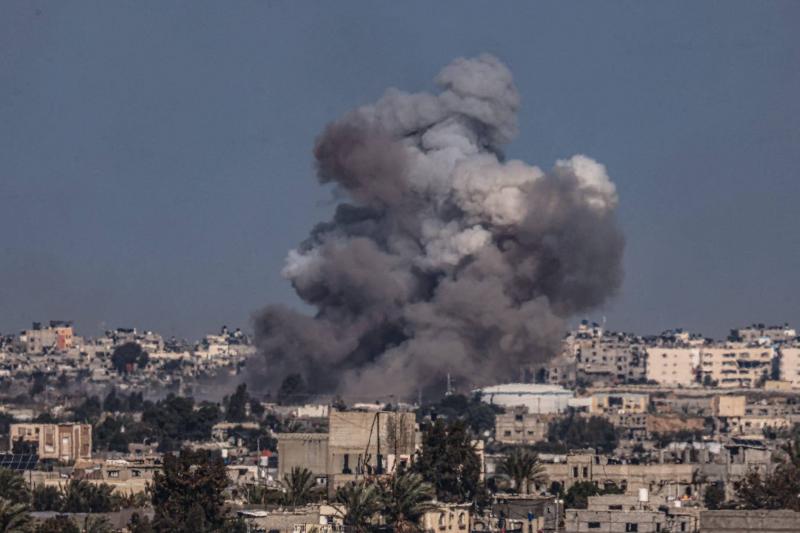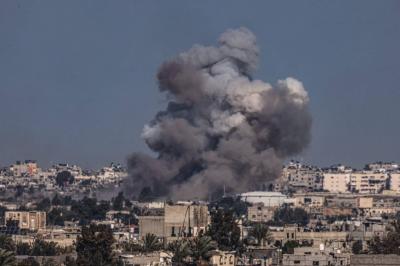Has the crisis of the war in Gaza become uncontrollable by its direct and indirect parties? More dangerously, have attempts to contain it, in order not to expand its operational theater, moved beyond the limited scope of its interaction? No one wants the theater of war to broaden beyond its narrow geographic boundaries, especially the United States. Washington, from the outset of its crisis management, aims, after achieving Israel's objectives, particularly the release of prisoners and the defeat of resistance in Gaza, to prevent the operational theater from expanding into broader areas of the region that could compel it to intervene directly in the war, which is the last thing President Biden's administration needs in an election season.
However, the fundamental problem lies in the war gaining a self-sustaining momentum, independent of its direct and indirect parties. It appears as though the war's flames are intensifying, fueled by a force that has yet to exhaust itself and has not lost its sources of energy or what it needs to ignite further. The developments of the war over time seem to occur beyond the will of its parties, often overlooked in their calculations before igniting the fuse and while its fervor escalates.
The war on Gaza has surpassed the control of both Israel and the resistance factions, despite the imbalance of power between them. Israel seems unable to decisively conclude the battle, while the resilience of the resistance is difficult to wager on indefinitely. Another issue is that the war has acquired external dimensions, resonating throughout the world. Daily, the echoes of the war's violence and the atrocities committed by Israel against Palestinians reach the far corners of the globe, translating into political and moral losses for the Israeli state and its Western allies, especially the United States.
Efforts to contain the war are gradually losing strategic positions, while the prospects of expanding its operational theater increase. The conflict is no longer limited to Gaza; it has extended to Israel’s northern border with Lebanon, its embers reaching as far south as Bab al-Mandab. Moreover, the likelihood of the war's operational theater expanding to include regional countries is increasing daily. Furthermore, the conflict, especially on fronts outside its traditional operational theater in Gaza, has begun to test rising rules of engagement, which could potentially broaden the war beyond what regional and international parties can contain. Additionally, the possibilities for escalation in Gaza itself are present if Israel carries out its threats of invading Rafah. The fear of the war’s flames reaching deep into Lebanon and Israel carrying out an invasion of Rafah is a terrifying "nightmare" that Washington does not wish to awake to one day.
We must also not overlook the war’s seismic impact, which has reached Western societies, especially the United States, affecting the underlying value and moral foundations behind the historical support those governments provide to Israel. The war on Gaza has exposed the falsehood of blind support for Israel, revealing it as merely a form of Zionist extortion of Western societies under the myth of defending anti-Semitism, which has crumbled under Israel’s actions that bear a striking resemblance to Nazi crimes against Jews during the period between the two world wars. Young people in the West no longer feel a sense of guilt towards Jews as they witness the actions of Zionists in Gaza and the West Bank against Palestinians, which far exceed what the Nazis perpetrated against Jews and other ethnic minorities.
The gap in handling Israel's war on Gaza has widened to such an extent that there are no sufficient threads for international and regional parties to patch up the breaches, which continue to expand beyond the skills of any seamstress to mend them.




